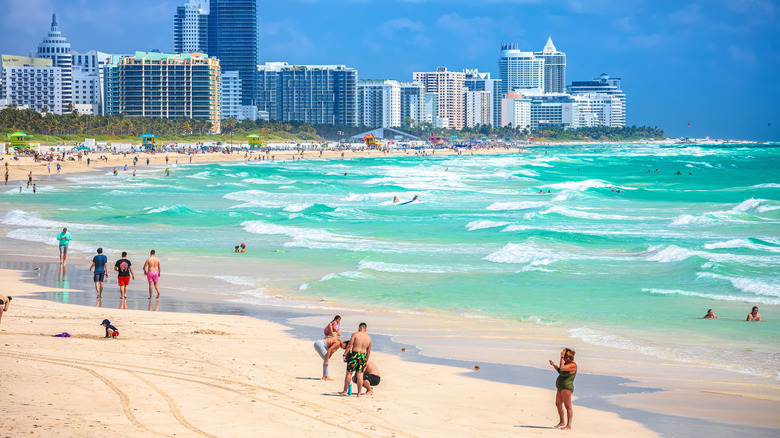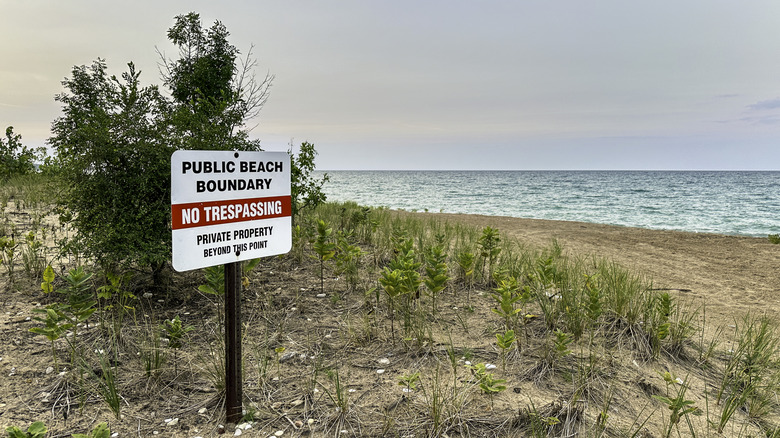Florida's New Beach Law Could Reopen Public Access (What It Means For Beachgoers)
If you enjoy the sun and sea, you don't want to miss heading to one of Florida's beaches. Unfortunately, due to a bill passed in 2018, there have been some places along the water, especially in Walton County, where it felt like more trouble than it was worth to visit. Questions about which shorelines were public or private made it impossible to get to certain beaches. However, thanks to a new bill signed by Governor Ron DeSantis, that stress may soon be a thing of the past.
Known as Senate Bill 1622, this change will repeal a law established in 2018 that made it much harder for the county to claim certain parts of a private beach for public use. This limited where locals and vacationers could go, and even sometimes left beaches inaccessible. It also created a lot of confusion and frustration for tourists, who struggled to understand where the line was drawn for public and private sand. While the problems won't completely disappear, especially overnight, allowing for more public access does make it easier for tourists to enjoy a trip next to the water.
The bill removes the hurdles the local government needed to jump through to designate private beaches as public for customary use, so that beachgoers are granted more access. While private beaches aren't inherently bad — as seen with Pearl Island, the dreamy Bahamian Island known for an uncrowded and private tropical escape – too many can lead to limited availability for tourists and hinder Walton County's biggest industry: tourism.
What else does Senate Bill 1622 change?
The original procedures set up in 2018 made it very difficult for the local government to serve tourists because there are so many private beaches. Walton County tried to make a case for 1,194 private beaches having customary use. Unfortunately, the process took over five years. In the end, the county only earned rights for public use on 95 of those properties, and that was simply because of the owners not responding or opposing the claims. It was a lot of wasted time and money for everyone involved. Additionally, while the law went into effect specifically because of a situation in Walton County, Florida, it could have led to changes throughout the entire state, which could heavily affect tourism. This includes everything from secret beaches in the Florida Keys to Florida's most walkable stretches of coast with pastel villages and bike-friendly shores.
There is another perk of Senate Bill 1622. Restoration and protection of Florida's fragile coastline are also much easier, especially for beaches listed as critically eroded. It simplifies the process of marking the areas that need restoration and allows the Department of Environmental Protection to start the work without having to fight with private landowners.
"Senate Bill 1622 protects public beach access and streamlines beach restoration in Gulf Coast counties," Governor Ron DeSantis said. "I was happy to be in Santa Rosa Beach to sign this legislation—it is a win for recreation, for tourism and for future generations."

